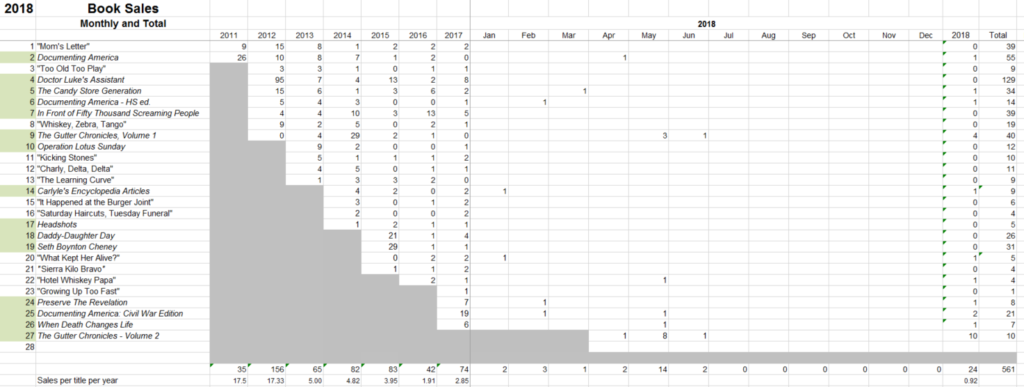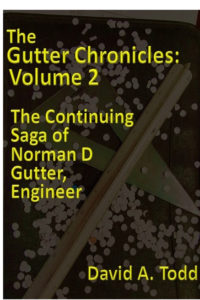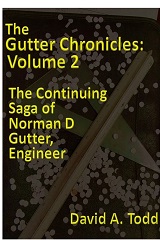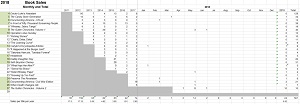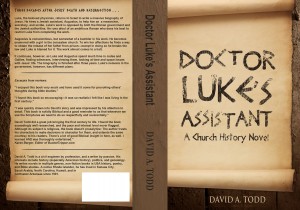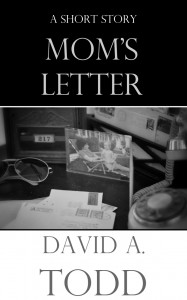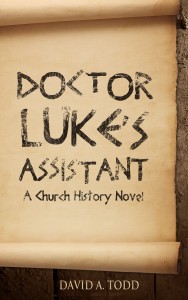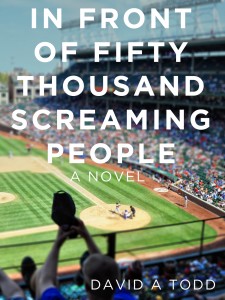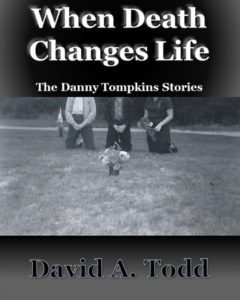
Most of my posts lately have been related to my immediate works-in-progress or my other reading, with an occasional dabble in an inspirational post. I have a thought for the latter, based on study for yesterday’s Life Group lesson. I’m not quite ready for that yet.
So, I’ll stick with what I intended to post about today, which is my current reading in the writings of Thomas Carlyle. It’s been a while since I’ve written about him. “Carlyle” is a category for my blog posts, so you could easily check and see what I’ve written about him before.
I have published one book about him, a gathering and reprinting of his articles written 1820-1823 for the Edinburgh Encyclopedia. So far as I know, my book is the only time all his articles for that publication have been gathered in one publication.
I’ve been slowly, over several years, working on two other books about Carlyle. One is about his book Chartism. The other is a Comprehensive Chronological Composition Bibliography. Both of these works have stalled, mostly because they are simply lower on my writing priority list than others. Perhaps that will change one day, but it’s the case for now.

But I’m back to reading him. From 1827 to 1833 Carlyle’s main writing was a series of articles for the Edinburgh Review and other literary magazines. Emerson gathered these and published them in three volumes around 1839. It was so popular in the USA that a British edition soon followed. Today they are considered one of Carlyle’s major works.
I’ve read a couple of the articles before, and started a couple more, but never got very far with it what have come to be called Carlyle’s Miscellanies. I haven’t wanted to put money into buying them in print (or e-book), and had never found an e-copy of good quality of a public domain version. About two weeks ago I went looking for them again, and, lo and behold, I found an e-book re-issue of the essays, of excellent quality, all in one volume, I think.
I’m reading them on my smart phone. That’s not a totally new experience, since I recently read Locke’s Two Treatises of Government on my smart phone. Still, reading books on phones will be somewhat new for a while. I’m enjoying it there, however. I turn the phone sideways and slightly enlarge each page to fill the window. So far I’ve read two of the essays, the first two in chronological order: “Jean Paul Friedrich Richter” and “State of German Literature”, both from the Edinburgh Review in 1827. I finished the second one last night.
Why am I doing this? Why distract myself from my writing or research for my writing. I can only plead a reduction in sanity, or perhaps an increase in delusion. I sometimes think myself a scholar and want to read something that either is or seems to be scholarly. Carlyle seems to fit. And, in case I ever do get around to finishing that Chartism book, these readings might actually play a part in it.
The Richter article was easy enough to understand, and I found it informative and even enjoyable. The German Literature article was tedious, even boring. I think this is where I bogged down before in my reading of his essays. The book has some good parts to it. I think I would grasp more with another reading. Carlyle, like so many writers of his time, wished to write poetry along with prose. He left a number of poems to us, none of which are highly thought of. I may pull out some of his thoughts on German poetry, really about poetry in general, and see if I couldn’t make essays out of them.
Queued up on my phone is his third essay in the book, “Life and Writings of Werner”. I don’t believe I’ve rad this one before. I don’t know Werner, so am not looking forward to reading it, except to know it will perhaps sate my need to be reading something intellectual. If I can get through this third essay, there’s hope that I will get through the entire book.
Meanwhile, should you buy and read my previous book on Carlyle? I’m really just an editor in that book. I wouldn’t recommend it, not unless you want to make study of Carlyle a significant intellectual enterprise. If you do, be forewarned that, after publication, I found an embarrassing error in the chapter on Pascal. I corrected it in the e-book, but it remains in the print book, awaiting my taking the half-hour needed to make the correction and republish. Seeing as I have to migrate all my print books from CreateSpace to Amazon KDP, I’m planning to get that correction done during the migration.
